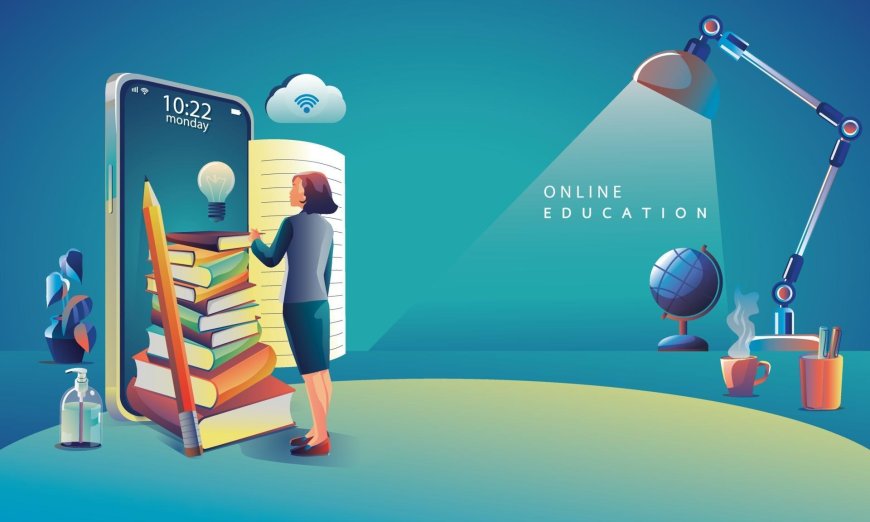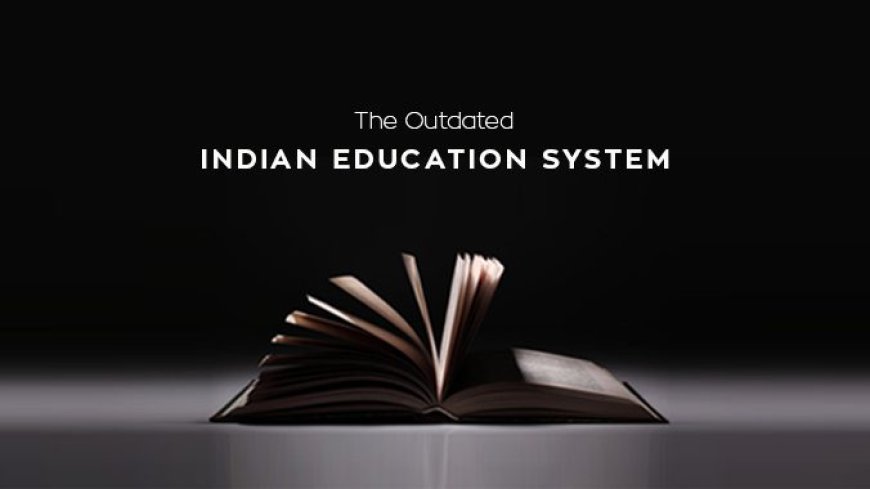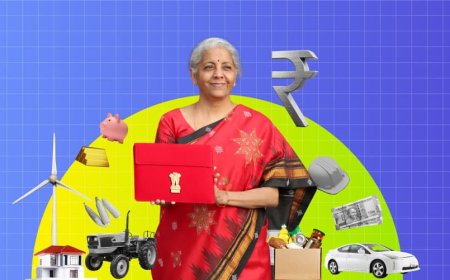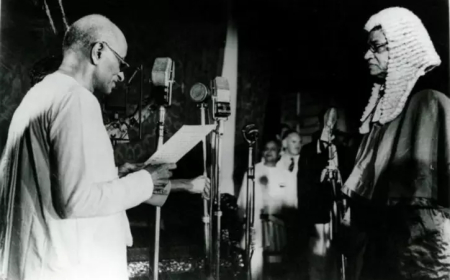Online Education in India: Freedom to Learn or Government-Approved Curriculum?
Are online courses empowering students in India, or is the government’s curriculum bottleneck stifling true freedom in education? A funny take on the state of e-learning and why the government shouldn’t have a monopoly on knowledge.

The New Age of Education: It’s All Online, Baby!

Picture this: You’re sitting on your couch, wrapped in a cozy blanket, sipping your favorite chai. The world outside is chaotic, traffic jams are an everyday struggle, and the sun seems to forget it’s supposed to set at 6 PM. But inside, there’s peace. Why? Because you’re learning. Not just learning any boring textbook content, though—no, no. You’re diving into online courses, mastering coding, graphic design, or maybe even how to make the perfect dal tadka. The world is your classroom.
It’s 2024, and online education is at its peak in India. Platforms like Coursera, Udemy, Byju’s, and Unacademy are booming, bringing world-class knowledge right to your fingertips. From the humblest villager to the swankiest techie in Silicon Valley, online education has made learning accessible to all. Or has it?
Enter the government’s curriculum—a roadblock that seems to show up just when you’re thinking about getting your next degree, certificate, or even just learning a new skill. Is online education truly free, or is it all just another government-approved, one-size-fits-all plan?
The “Curriculum” Chaos: More Like a Bureaucratic Treadmill

It’s not news that India has one of the most restrictive education systems in the world. The government sets the rules, assigns textbooks, and dictates what you should be learning. While this may sound fine in theory, let’s be honest: have you ever tried memorizing the history of Indian emperors for the umpteenth time? Or, perhaps, cracking the “which foreign country did India fight a war with in 1971” question in multiple-choice format?
Enter online education. With platforms offering everything from data science to music theory, the possibilities are endless. But alas, much like a traffic jam on a Delhi road, here comes the government's attempt to bring in its version of “order.” Suddenly, online certifications get scrutinized. Who certifies them? Is it the government or a “recognized” authority?
That’s right—the government doesn’t just want to control what you learn in the classroom; it wants to ensure what you learn online aligns with its policies. Sure, the internet is a vast sea of knowledge, but for some reason, the government wants to put up speed bumps in that ocean. Whether it’s strict licensing regulations for online institutions or pressure to align with board-approved curriculums, the government wants a say in it all. It’s almost like your school principal telling you, “You can learn, but only the things I approve of!”
The Real Freedom: You, the Internet, and the Open World of Knowledge

Now, let’s get to the juicy part. What if we could escape the restrictions of the traditional classroom and the government’s rigid curriculum altogether? What if we could truly choose what we wanted to learn and how we wanted to learn it?
Here’s where online education, in its purest form, really shines. No, we’re not just talking about completing a 30-hour course on Python programming while half-watching your favorite web series. We’re talking about the ability to explore anything and everything that interests you. Wanna study Shakespeare’s tragedies through a free course in New York? You can. Interested in quantum computing? There’s a lecture on it from MIT for free. Always wanted to learn how to make sushi? There’s a YouTube tutorial for that.
But, here’s the catch. India’s education system, both traditional and online, often comes with that heavily-censored tag. When something is too “free” or doesn’t fall within government-approved boundaries, there’s a tendency to control it. Imagine a world where your online course certificate is just as valid as your degree from a local college—no government stamp required!
Now, wouldn’t that be the true libertarian dream? Free from the shackles of government-imposed curriculums, free to pursue knowledge and passion without restrictions, free to explore topics that aren’t just dictated by outdated textbooks!
But Wait—What’s the Problem with Government Curriculum?

Hold your horses; let’s not be all fire and brimstone about it. Some will argue that the government’s curriculum does provide structure and uniformity. It ensures that the basics—mathematics, science, history—are taught to every student in the country, regardless of where they come from. It’s like the foundation of a house. But here’s the thing: you can’t build a mansion just with foundations. You need the creativity, the flare, the innovative ideas that come with personalized, unrestricted learning.
That’s where online education can shine! You can learn at your own pace, focus on what’s relevant to your life goals, and skip all the boring stuff. Forget about memorizing facts for exams that you’ll never use again after the test. Instead, go deep into a subject you’re truly passionate about. Whether it’s digital marketing, psychology, or even ethical hacking, online learning opens doors to more freedom than a 10-year-old curriculum ever could.
India’s Online Education Revolution: Let’s Break Free!
Let’s face it. We love learning. The internet is proof of that. And online education is now the gateway to endless possibilities, regardless of whether the government approves it or not. Freedom to learn means freedom to pursue knowledge on your own terms.
If you want to take a course on how to make artisanal cheese—go ahead! If you’re interested in learning ancient Greek—why not? If you want to become the next coding ninja—it’s all out there, waiting for you. No government intervention, no red tape. And most importantly, no textbooks with irrelevant chapters!
Final Thoughts: Why the Government Should Take a Backseat in Education
In the end, online education is about freedom. The freedom to explore, to learn, and to choose your path—without the heavy hand of bureaucracy holding you back. Sure, the government can fund schools, regulate some things, and provide scholarships. But let us make the decision on what we want to learn and how we want to learn it. That’s the beauty of education in the digital age. No walls, no boundaries—just endless opportunities.
So, the next time you’re diving into an online course, whether it’s coding, cooking, or cat psychology (yes, it’s a thing!), remember this: You’re free to learn, and you don’t need anyone’s approval to do it.
Libertarian? You Bet!
What's Your Reaction?




















































